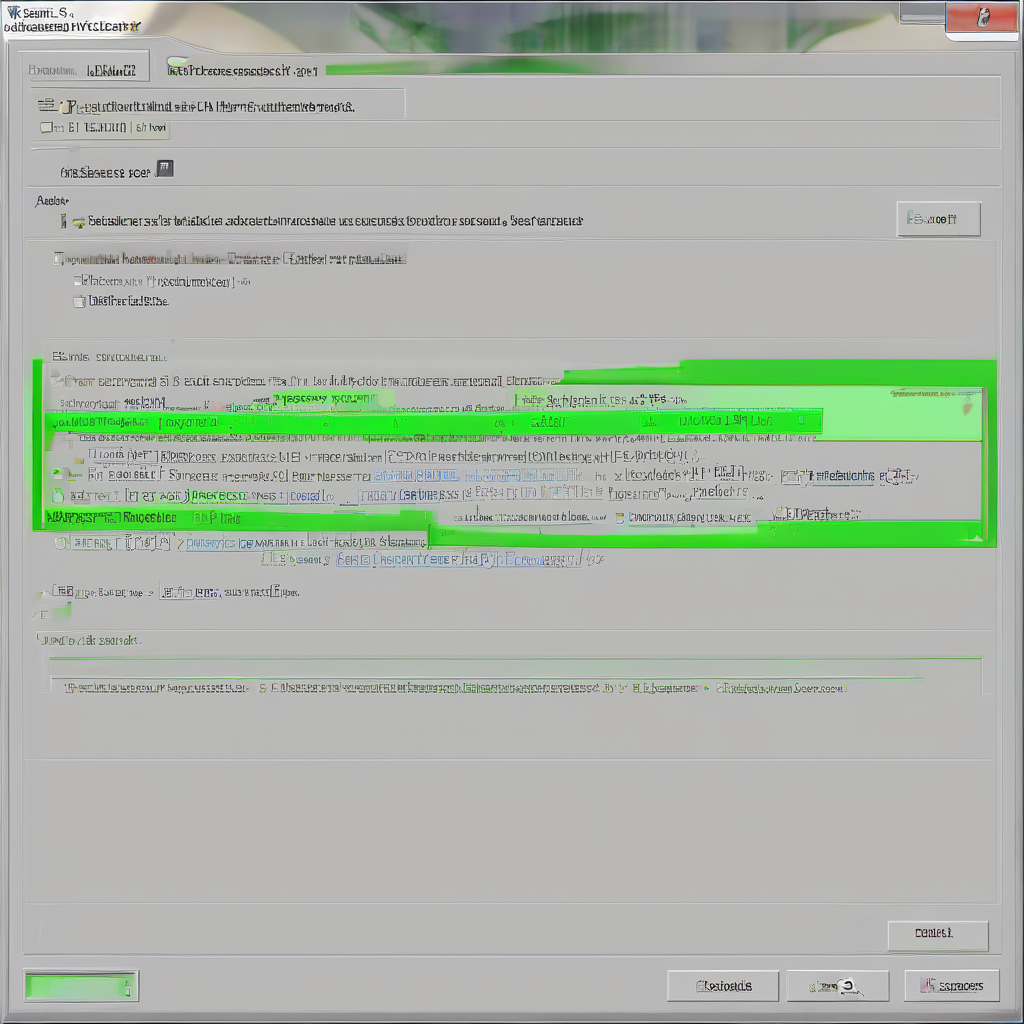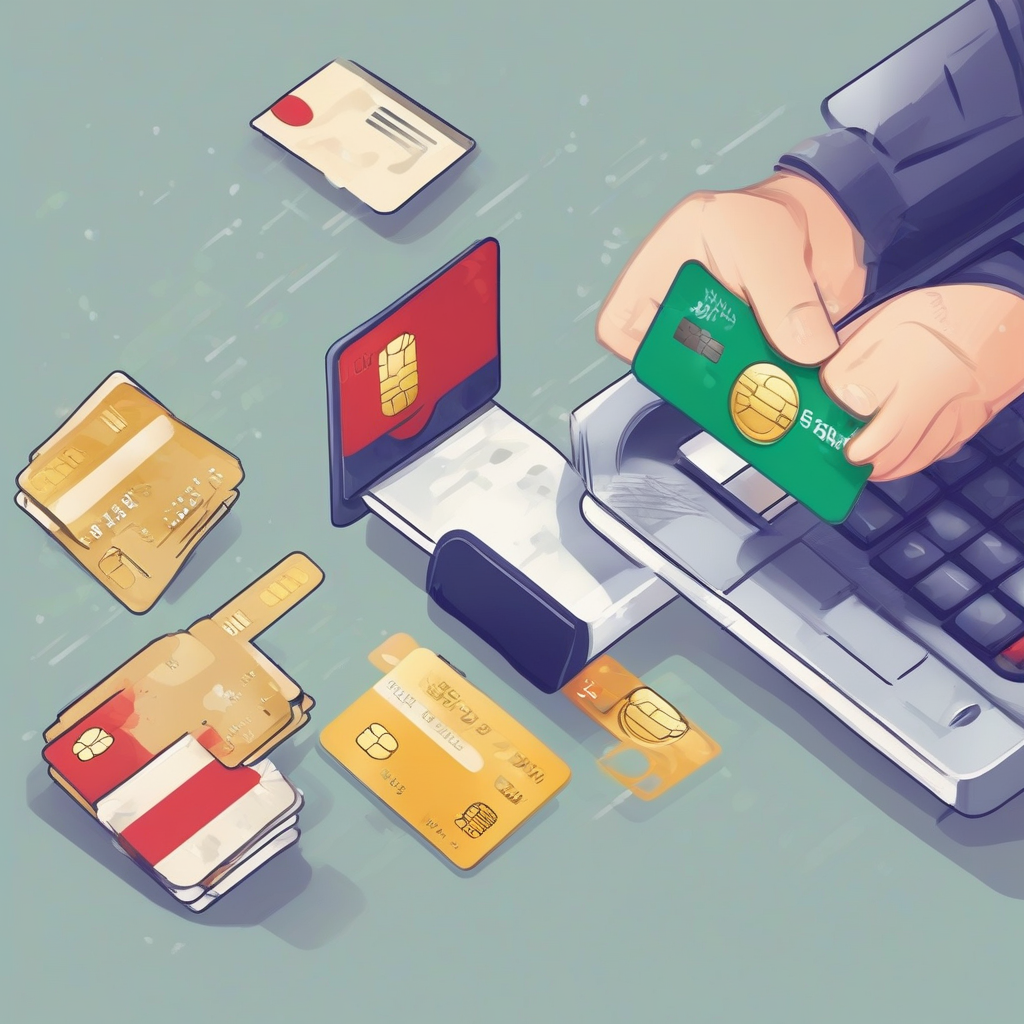Debt Recovery Solutions: A Comprehensive Guide to Strategies, Tactics, and Best Practices

In today's dynamic business landscape, managing debt recovery effectively is crucial for sustained financial health. This comprehensive guide delves into the intricacies of debt recovery solutions, covering a wide range of strategies, tactics, and best practices.
From understanding the legal framework governing debt recovery to exploring various methods of communication and collection, this resource provides a roadmap for businesses to navigate the complexities of debt management and maximize their chances of successful recovery.
**Understanding Debt Recovery Solutions**Debt recovery solutions encompass a comprehensive range of strategies and tactics employed by businesses to reclaim outstanding debts. This includes a combination of internal processes, external partnerships, and legal frameworks.
- **Internal Debt Recovery:** This approach emphasizes utilizing internal resources like dedicated collection teams, account managers, and customer service representatives. It focuses on establishing clear internal processes for tracking outstanding debts, communicating with debtors, and implementing collection procedures.
- **External Debt Recovery:** Businesses often engage external debt recovery agencies or specialized firms to leverage their expertise and resources. These agencies typically employ a range of collection methods, including legal action, to maximize recovery rates.
- **Legal Frameworks:** Understanding the legal regulations surrounding debt recovery is essential. Businesses must adhere to specific legal frameworks and procedures, including statutory limitations, debt collection practices, and data protection regulations.
Success in debt recovery hinges on implementing effective strategies that address the specific needs of the business and the nature of the outstanding debt. Here are some key strategies to consider:
- **Proactive Debt Prevention:** The first step towards effective debt recovery is preventing debt accumulation in the first place. Implement robust creditworthiness checks, clear payment terms, and proactive communication with customers to minimize the likelihood of outstanding debts.
- **Early Intervention:** Addressing debt early is crucial. Set up automated reminders, utilize online payment platforms, and engage in timely communication with customers to encourage prompt payment. This approach minimizes the risk of debt escalating into more complex scenarios.
- **Strategic Communication:** Effective communication is paramount. Utilize multiple channels like email, phone calls, and letters to reach out to debtors. Maintain a professional and respectful tone, clearly outlining payment expectations and consequences of non-payment.
- **Negotiation and Compromise:** In some cases, negotiation may be necessary to resolve outstanding debts. Explore alternative payment arrangements, consider debt restructuring options, or explore partial payments. Flexibility can sometimes lead to a more amicable and mutually beneficial resolution.
Debt recovery tactics are the specific methods employed to collect outstanding debts. The effectiveness of each tactic depends on factors like the nature of the debt, the debtor's financial situation, and the overall legal framework. Here's a breakdown of commonly used tactics:
- **Formal Letters and Notices:** Sending formal letters and notices outlining the outstanding debt, payment terms, and consequences of non-payment serves as a clear and documented communication of expectations.
- **Phone Calls and Emails:** Phone calls and emails are useful for establishing communication and exploring potential solutions. Maintain a professional tone and be prepared to answer questions, address concerns, and provide clear instructions.
- **Debt Collection Agencies:** Engaging specialized debt collection agencies can provide access to expertise, resources, and legal procedures. Agencies utilize a range of tactics, including legal action, to maximize recovery rates.
- **Legal Action:** In cases where other tactics have failed, legal action may be necessary. This involves filing lawsuits, obtaining judgments, and enforcing payment through legal channels. Legal action is a complex process and requires expert legal advice.
- **Alternative Dispute Resolution (ADR):** ADR methods like mediation and arbitration offer alternative avenues for resolving debt disputes outside of traditional court proceedings. They can provide a faster and less costly route to resolution.
Adhering to best practices in debt recovery ensures a more effective and ethical approach to debt management.
- **Transparency and Disclosure:** Maintain transparent communication with debtors. Clearly explain the nature of the debt, payment terms, and any applicable fees. Disclose any information relevant to the debt recovery process, including the use of external agencies.
- **Data Security and Privacy:** Protect personal data of debtors. Comply with all data privacy regulations, including GDPR and CCPA, to maintain confidentiality and avoid legal repercussions.
- **Professional and Ethical Conduct:** Treat debtors with respect, regardless of their financial situation. Avoid using harassing or intimidating language, avoid making false or misleading statements, and adhere to all applicable legal regulations.
- **Effective Record Keeping:** Maintain detailed records of all communications, agreements, and actions taken throughout the debt recovery process. Accurate documentation is crucial for demonstrating compliance and resolving disputes.
- **Continuous Improvement:** Regularly review and refine debt recovery processes. Analyze performance metrics, identify areas for improvement, and adapt to changes in the legal landscape and customer behaviors.
Successful debt recovery is critical for businesses of all sizes. It significantly impacts financial health by:
- **Improving Cash Flow:** Recovering outstanding debts improves cash flow, allowing for investments, operational expenses, and growth opportunities.
- **Maintaining Financial Stability:** Effective debt management prevents debt accumulation and financial instability, fostering a more robust and resilient financial position.
- **Building Customer Relationships:** Ethical and transparent debt recovery practices can help maintain positive customer relationships, even in situations involving outstanding debts.
- **Boosting Profitability:** Minimizing bad debts and maximizing recovery rates directly contribute to improved profitability and overall business success.
Debt recovery is an integral aspect of responsible financial management. Understanding the legal framework, implementing effective strategies, employing appropriate tactics, and adhering to best practices are crucial for navigating this process. By leveraging a combination of internal processes, external partnerships, and proactive communication, businesses can significantly improve their chances of successfully recovering outstanding debts and securing a healthier financial future.
What's Your Reaction?

















